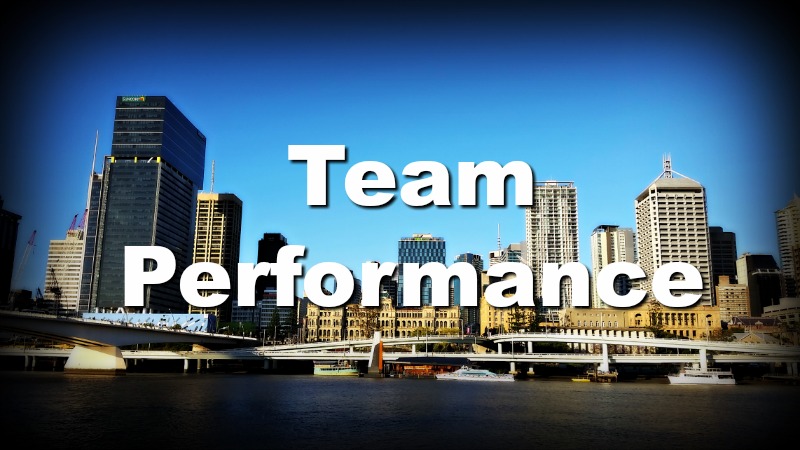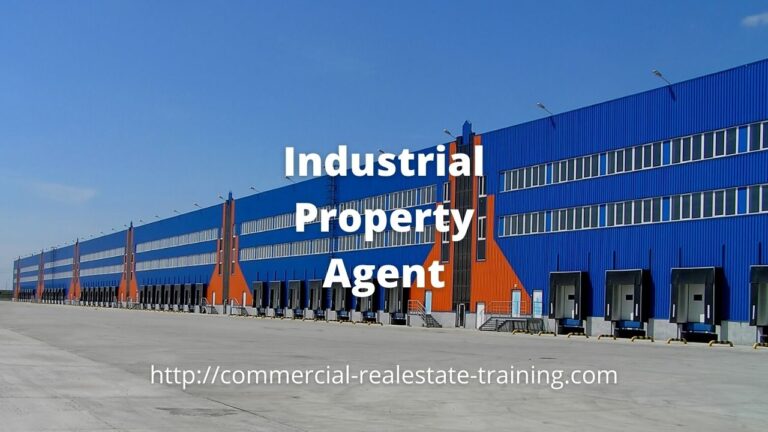Essential Sales Force Training Systems in Commercial Real Estate Brokerage
In commercial real estate brokerage, the sales-force has to be trained in a regular way, and the skills of every broker and agent should be refined and improved in that way over time. Let’s face it, there will be differences in the way each person in the team approaches the job, the clients, and the listings. Every person will have strengths and weaknesses to work through. (NB- You can get our Commercial Real Estate Broker Training right here)
Having worked with and coached many brokers over the years, I have seen a certain number of key skills and facts that are I believe more important than others in the commercial real estate training and skill development arena. The list below reflects those important categories and topics that I have seen and worked with. Consider how you would ‘rank’ yourself in the topics and client skills relative to your property market:
- Business policies and procedures – Set some rules as to how clients, listings, and transactions are handled in your business. Focus into the professionally important parts of the business where greater services are applied to exclusive listings, existing clients, and current transactions. Controls are important to move a client or a transaction forward, so support those controls with proven business policies and tracking processes.
- Listing systems – Differentiate between ‘open’ and ‘exclusive’ listings as you think about this topic. Controlled listing stock is really important and should be treated with priority. Every listing should be put through a ‘process’ that every agent and broker can follow. That process will be more comprehensive and thorough in the case of ‘exclusivity’.
- Presentation tools – Your brokerage business should have a variety of business and property marketing tools to use in the case of listing and marketing. Those tools must support and encourage the listing process for every broker and agent. The question to work with here is the understanding of every broker and agent in how they use those tools in client and prospect presentations.
- Marketing systems (online and offline) – Develop a number of marketing packages that you can use on the different property types and in the various promotional situations across listings in both sales and leasing. When you have the packages defined, you can practice the presentation and listing processes around them with all team members. Make sure that those packages are different and special when compared to others offered by your competitors. Help the sales team with pitching their marketing packages by building in some unique strategies and ideas.
- Database software – Every person on the team has to understand how to use the available database software in the brokerage, and then they should be encouraged to use it. The best brokers and agents today have the database systems and requirements well under control. They build their business around the client and prospect list that they are working every day.
- Cross selling services (sales, leasing, and property management) – Help every person in the team to understand how to ‘cross sell’ professional property services. You never really know a client’s property need or requirement until you are in the middle of a meeting or telephone call. When you hear the right signals or questions, it is the time to introduce the other services available in your brokerage to help the client with their property challenge.
- Key account contact and services – Some clients are more important than others, so have a process that supports the VIP’s in your client list; treat them with the time and the understanding that they require. Let them see and feel that they are part of a special contact process and follow-up system.
- Customer contact cycles – How often should a client or prospect be contacted? Who should make contact and why? They are questions with many different answers, however there should be an agreed contact cycle in the brokerage and with all agents, so that the agreed contact cycle then allows a professional client approach. Maintain the best business contact and profile with the clients and prospects for the long term. It takes months and years for some clients to move to the next level of property activity.
- Property knowledge – In each property type, there are things to know and market trends for brokers and agents to be abreast of. As the year progresses, each property type will have facts to track and observe. Each agent has to adjust their listing and marketing approach as the indicators and market conditions change. Practice is required with new and changing systems.
- Regional knowledge – It is one thing to know something about local property; it is another to know about regional property facts, changes, and activities. That regional information should be woven into a listing and marketing approach. That information should also be provided in a comprehensive and relevant way at the time of inspecting and showing a property. Test and train your people on local property information.
- Negotiation – Understand the variations of negotiation that are required in today’s property market and then test the team members on those variations. Help them learn the ways to adjust to various situations existing today with difficult properties, clients, and prospects.
- Inspections – A property inspection with a qualified tenant or buyer is quite special and should be practiced. You never really know where a discussion or inspection can lead. Every property should be assessed for the best approach to the inspection process. Each broker and agent should be responsible for reviewing that with every exclusive listing.
So there are many good things that can be done here to improve the skills of the brokerage team. Sales force training in commercial real estate is an important part of brokerage success.








